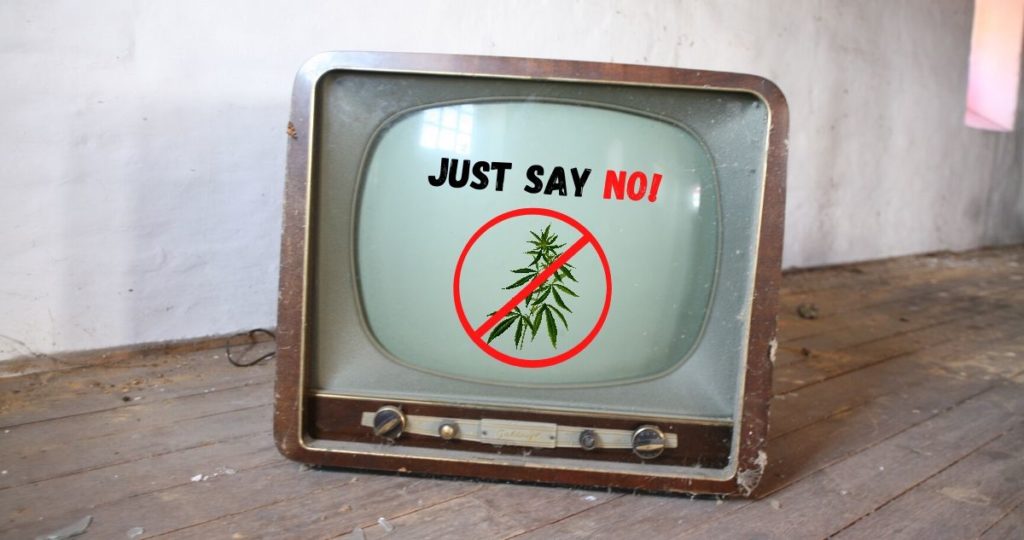Michigan Accused of Spreading Reefer Madness After Legalizing Cannabis

A Look at Cannabis PSAs in States With Legalized Cannabis
While legalization and easier access to cannabis products are often rejoiced and celebrated by cannabis lovers, states like Michigan don’t seem too thrilled based on a recent anti-cannabis ad campaign.
The ad in question that was released back in January was a part of the Michigan Department of Health and Human Services’ youth drug prevention campaign and highlighted outdated stoner stereotypes to dissuade teens from using cannabis. These ads ran on social media platforms like Twitter, Instagram, Snapchat, YouTube, and SoundCloud, along with streaming services like Sling, Apple TV, Roku, and more.
In the video, a young man who appears to be high on cannabis is playing video games when he is visited by his future self, an overweight stoner stereotype who warns him of the dangers that cannabis has on brain development. The end of the video features the tagline “Don’t Let a High Hold You Back,” leaving the impression that cannabis will hold you back from being successful in life.
The video, along with several other similar ads, were criticized by cannabis advocates who accused the MDHHS of spreading “Reefer Madness.” In response to the backlash, several of the videos were pulled except for one.
Shortly after, the MDHHS defended the ad in an interview but backtracked on the way they conveyed its messaging. Here’s what they had to say:
“The goal of this federally-funded media campaign is to address a problem that is well-documented among youth. We’re currently rethinking how to craft the most effective messaging possible for this campaign.”
Other Examples of Weed Advertising Done Right
Michigan could stand to take a page out of Colorado’s book, a state that has also legalized cannabis and released a drug awareness campaign targeting youths back in 2018.
The campaign, titled “Good to Know,” included a simple promotional video that featured colorful, easy to look at graphics explaining the laws surrounding safe cannabis use in the state and offering warnings of the danger cannabis can have on teenagers.
One report found that the campaign worked and that youths were able to understand Colorado’s cannabis laws along with the risk involved with marijuana use. The reason the Colorado video was so effective is that it managed to get the important message across without shaming those who do choose to use cannabis as an adult.
Neighbours to the north in Canada where cannabis has been legal since 2018 have also released their own similar campaigns.
In Ontario, the provincial government released a series of promotional videos that took a comedic approach by featuring average looking adults that appeared to be high on cannabis and would say what types of weird things they do when they are “really high” and just “barely high.” The goal was to educate people on the dangers of driving while just “barely” high.
Government of Ontario – Toes from The Perlorian Brothers on Vimeo.
The takeaway here is that while it’s great to educate people on safe cannabis use, it can put a bad taste in people’s mouths when it comes across as shameful and misleading. Way to go Canada and Colorado!
Blunt
As we continue to see the cannabis industry unfold and take flight before us, we strive to become the leading global provider of real-time, high-impact multimedia news, information, and entertainment. With our vast network of millions of users, including major influencers in the cannabis industry, we continue to deliver relevant, quality content to help educate and inform.
